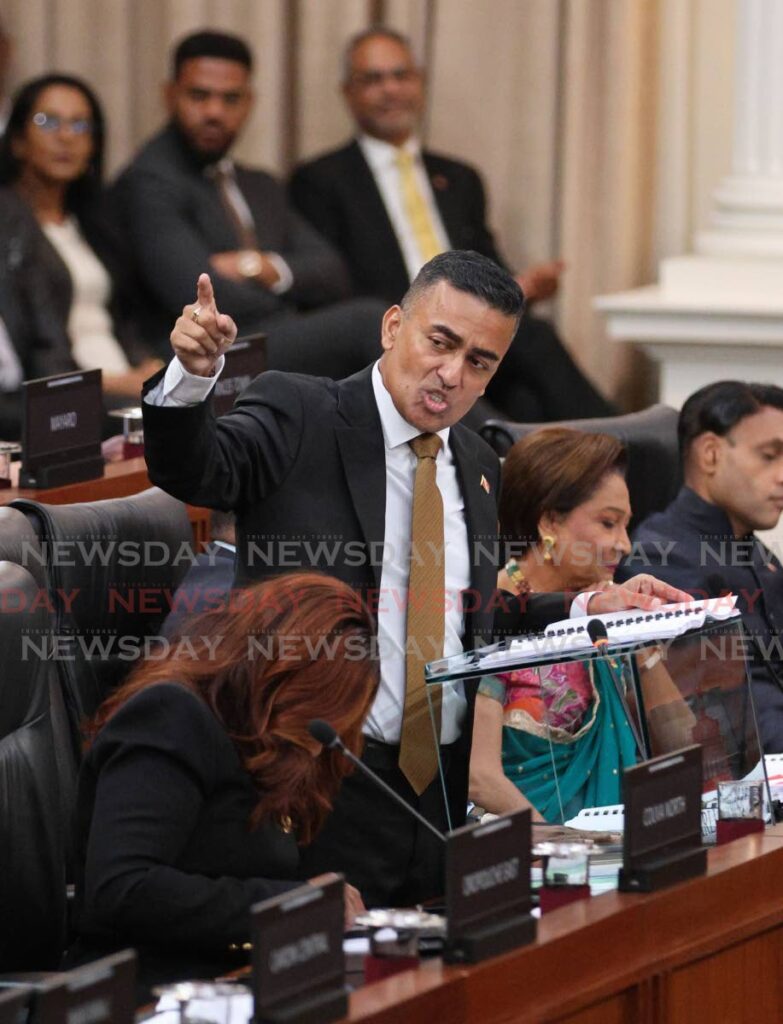In a landmark parliamentary session on October 13, Finance Minister Davendranath Tancoo presented the 2025-2026 budget, marking the first budget under the UNC administration in a decade. The fiscal plan, described as bold and ambitious, hinges on sustained public investment, institutional reforms, and the preservation of social safety nets. Key highlights include an anticipated boost in staffing at the Board of Inland Revenue by February, a projected GDP growth by 2026, and a promised 10% salary increase for civil servants. Despite these optimistic measures, the budget reflects cautious optimism rather than radical economic transformation. Energy revenues, though declining, still account for 20% of total income, while diversification efforts remain modest, with token mentions of agriculture, university business labs, and renewable energy. The budget deficit stands at $3.89 billion, the lowest in years, though concerns linger over optimistic oil and gas price assumptions. Tancoo’s three-hour speech, marked by directness and enthusiasm, avoided excessive criticism of the previous PNM administration while acknowledging structural economic challenges. The budget balances short-term gains, such as increased education spending and VAT reductions on select items, with potential drawbacks like higher duties on cigars and alcohol, increased NIS rates, and new levies on private enterprises. The absence of clarity on the Petrotrin refinery’s future suggests the budget is part of a broader, long-term strategy.
